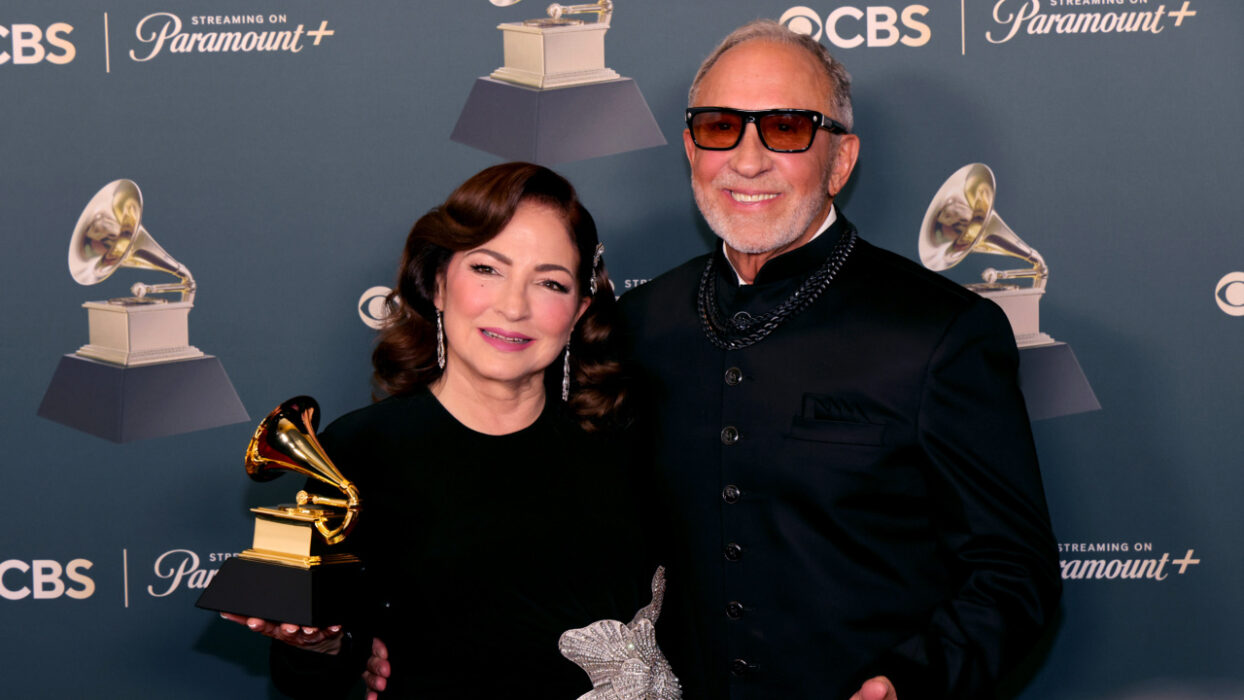
Bad Bunny Left a Secret Message for Puerto Rico on the Cover of TIME Magazine
Puerto Rican reggaetonero Benito Antonio Martínez Ocasio, also known as Bad Bunny, has done it again. He graces the cover of Time Magazine, the first in Spanish in 100 years, and embossed his place as one of the biggest musical supernovae in today’s galaxy.
Yet, besides making history, the TIME’s cover art sends a subliminal message using referential images that call up another famous son of Puerto Rico — Ramon Emeterio Betances, father of Boricua independence.
Known as El Antillano, Emeterio Betances was a journalist, doctor, poet, and one of the most important figures of Puerto Rican and Caribbean history — instrumental in the Boricua independence and abolitionist movement. He was also one of the intellectual leaders of the 1868 rebellion, El Grito de Lares.
El Antillano’s famous phrase is “¿Y qué les pasa a los puertorriqueños que no se rebelan?” (What is wrong with Puerto Ricans that they don’t rebel?) So it resonates today, doesn’t it?
On the TIME Magazine cover, Benito is poised, with an elegant tilt of the head and slicked-back hair, looking undeniably like the iconic photo of the notorious REB.
Whether by design or a happy coincidence, the message didn’t go unnoticed
The reaction on Boricua Twitter (yes, there is such a thing) was mixed. Some applauded Bad Bunny’s subliminal messaging on the TIME Magazine’s cover of a prominent US magazine; others were appalled that anyone would compare Benito to Emeterio Betances.
In the article, Bad Bunny was careful when discussing the island’s chaotic politics; he understands his influence as a global Boricua star and how anything he says or does impacts public opinion.
“If I hear something very ignorant about my country or my culture, I always try to educate them, like ‘No, it’s not like that,” he said. “Our culture and music impact people in other places. They want to try it and feel it,” he said.
Taking Boricua pride around the world
The cover of TIME Magazine is the latest episode in a string of successes.
Last year was a dream year for Benito. First, “Un Verano Sin Ti” sat at the top of the Billboard charts for 13 non-consecutive weeks. Then, in November, it became the first Spanish-language album to receive a Grammy nomination for Album of the Year.
Benito opened the 65th Grammy Awards show, or the “gringo Grammy” as he calls it, with “El Apagón” — the story of an island in the darkness and fighting colonization.
Bad Bunny’s generation — La Generación de Yo No Me Dejo — grew up under a $70 billion debt; a fiscal control board; cuts to education, pensions, and health services; hurricanes Irma and María; earthquakes; corrupt governments; a pandemic.
Now they face the island’s gentrification that marginalizes Puerto Ricans in their homeland.
Benito is their voice, but the problem is that when you hit Bad Bunny heights, it’s damned if you do, damned if you don’t.
But El Conejo Malo does what he wants and sends whatever message he chooses in the manner he prefers. No doubt, REB would agree.




